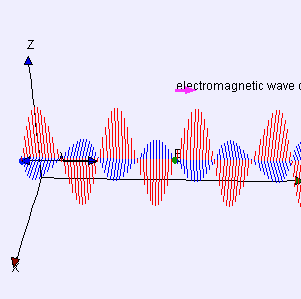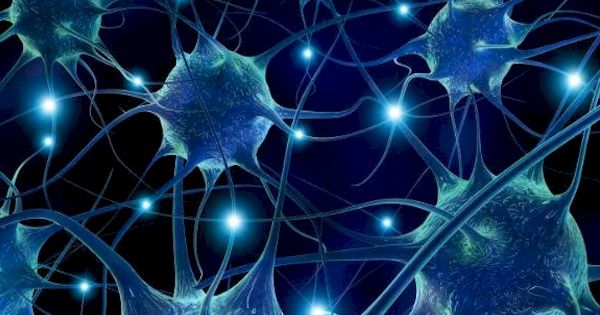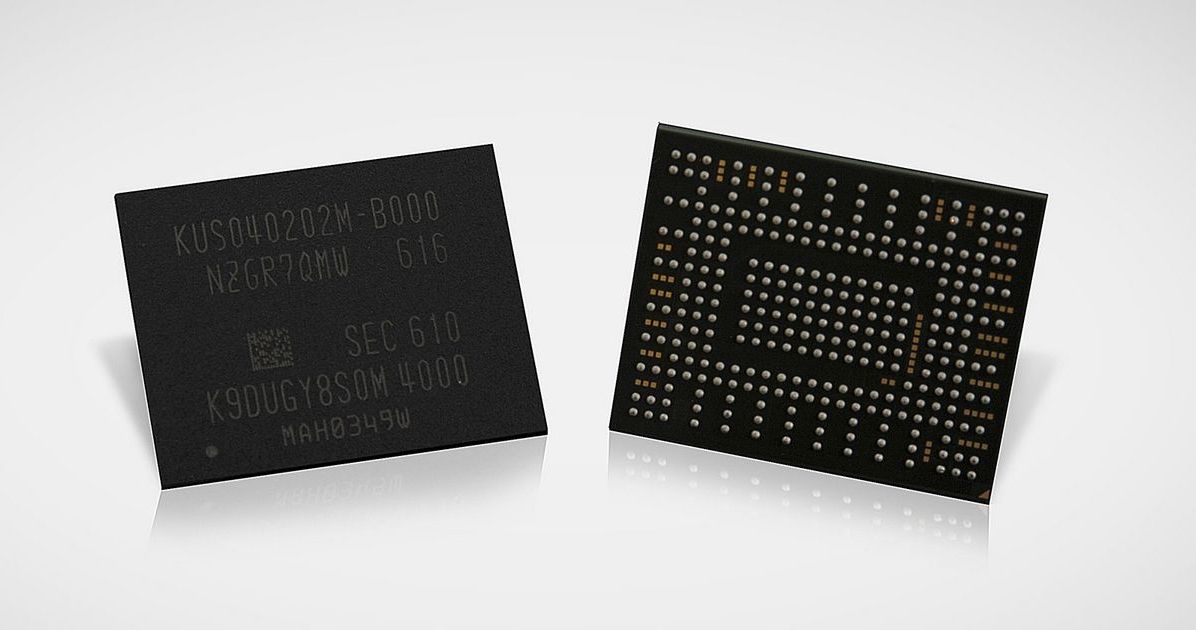Jun 1, 2016
Solid-state physics: Probing the geometry of energy bands
Posted by Karen Hurst in categories: computing, mobile phones, particle physics, quantum physics
Scientists at Ludwig-Maximilians-Universitaet (LMU) in Munich and the Max Planck Institute for Quantum Optics (MPQ) have devised a new interferometer to probe the geometry of band structures.
The geometry and topology of electronic states in solids play a central role in a wide range of modern condensed-matter systems, including graphene and topological insulators. However, experimentally accessing this information has proven to be challenging, especially when the bands are not well isolated from one another. As reported by Tracy Li et al. in last week’s issue of Science (Science, May 27, 2016, DOI: 10.1126/science.aad5812), an international team of researchers led by Professor Immanuel Bloch and Dr. Ulrich Schneider at LMU Munich and the Max Planck Institute of Quantum Optics has devised a straightforward method with which to probe band geometry using ultracold atoms in an optical lattice. Their method, which combines the controlled transport of atoms through the energy bands with atom interferometry, is an important step in the endeavor to investigate geometric and topological phenomena in synthetic band structures.
A wide array of fundamental issues in condensed-matter physics, such as why some materials are insulators while others are metals, can be understood simply by examining the energies of the material’s constituent electrons. Indeed, band theory, which describes these electron energies, was one of the earliest triumphs of quantum mechanics, and has driven many of the technological advances of our time, from the computer chips in our laptops to the liquid-crystal displays on our smartphones. We now know, however, that traditional band theory is incomplete.
















